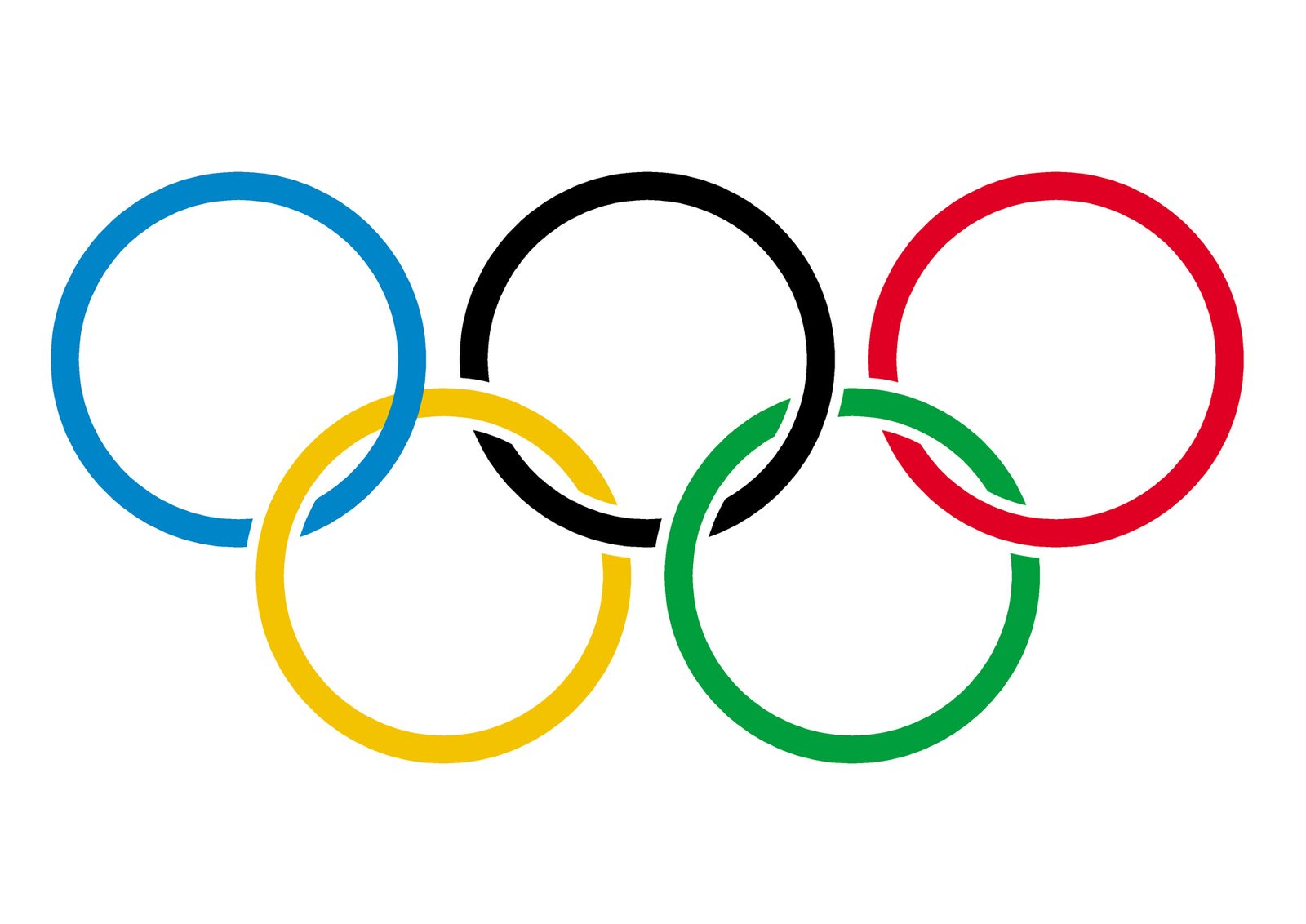The United States Justice Department was granted a secret court-approved wiretap last summer on Carter Page, a foreign policy advisor to Trump’s presidential campaign, according to a government official. This past Wednesday, in the same conversation, the official also revealed that the Justice Department was able to obtain such a measure because the court deemed it reasonable in light of evidence that Trump was functioning as a Russian agent.
The Foreign Intelligences Surveillance Court issued the warrant after investigators concluded that Page was no longer an active member of the Trump campaign, which he began to distance himself from in the beginning of August, according to the same government officer. Page is among the various associates of Trump that are currently under scrutiny via federal investigation.
The Justice Department determined that the direct vigilance of anyone tied to a political campaign was a border it did not wish to trespass, added the official. However, the choice to procure a wiretap upon concluding that Page had left the campaign was a consequent indication that the FBI harbored a serious concern regarding the nature of the relations between any associates of Trump with Russia.
To be issued the warrant, the government had to identify evidence that heavily implied the Page was acting as a Russian agent. Investigators must begin by garnering the approval of one of three senior officials at the Justice Department. Next, the prosecutors take the case to a surveillance court judge.
Although the Trump administration maintained that Page was a bit player lacking access to Trump himself, the wiretap evinces that the FBI had considerable evidence that a campaign advisor was operating on behalf of Moscow.
Trump and Page, however, have both shown their outrage at the accusations by calling the investigation a “witch hunt,” which was stirred by their political opponents for their having vocally criticized Obama’s policies. On Tuesday, in an email, Page stated that it “will be interesting to see what comes out when the unjustified basis for those FISA requests are more fully disclosed over time”—which was said in reference to the court activity.
Despite the FBI having declined to comment, its director, James B. Comey, has alluded to the difficulties faced by the organization to obtain the intelligence wiretap as constituting a “rigorous, rigorous process.”
Page’s wiretap was initially reported by the Washington Post. The divulgence of this information followed months of speculation regarding such warrants against Trump associates, a possibility which was raised in November by news and entertainment website Heat Street, which cited a couple of unidentified sources with “links to the counterintelligence community” in its report. Heat Street was created by Louise Mensch, who is a former Conservative British Parliament member that emerged as an ardent critic of Trump, and it is owned by Rupert Murdoch’s News Corporation; the same corporation publishes The Wall Street Journal and The Times of London.
The official who confirmed the warrant against Page did so upon the agreement that his identity would be concealed as intelligence wiretaps are confidential.
The official was unaware of any situations in which an active participant of Trump’s campaign was placed under direct surveillance by American law enforcement or spy agencies, regardless of certain Trump associates being swept up in surveillance of foreign officials.
This declaration is compatible with those made by Obama administration officials, such as James R. Clapper Jr., the previous director of national intelligence, who affirmed during his March 5th appearance on NBC’s “Meet the Press” that the surveillance court issued warrants for neither for the president nor for his campaign staff.
Clapper declared that, “For the part of the national security apparatus that I oversaw as D.N.I., there was no such wiretap activity mounted against the president-elect at the time, or as a candidate, or against his campaign.”
As part of the investigation, US intelligence agencies have analyzed wiretapped communications and telephone records. According to current and former American security officials, among the communications intercepted were conversations between Kremlin officials regarding contacts with people close to Trump, including Page.
Page is a former Moscow-based investment banker for Merrill Lynch who later founded a New York investment company called Global Energy Capital, and has been on the FBI’s radar screen for quite a while.
In the beginning of 2013, Page met with a Russian unintelligence officer pretending to be a banker in New York. The agent was a member of an espionage ring under investigation of the FBI, and court records indicate that this spy had been attempting to recruit Page. When interviewed by the FBI that same year, Page denied any knowledge of his having met with a Russian intelligence officer.
This past July, Page traveled to Moscow and spoke out against American foreign policy towards Russia in a speech he gave at the New Economic School, a university. At the time, Page was working as an advisor to Trump, who accepted the Republican presidential nomination later that same month.
The Moscow address and Page’s Russian contacts immediately garnered the concern of the FBI. Thus, later that month, the agency began its counterintelligence investigation into whether any of Trump’s associates had conspired with the Kremlin to influence the election in any manner.
Towards the end of 2016, following the election, Page traveled to Moscow once more and alleged he was there to meet with “business leaders and thought leaders.” Former and current federal investigators believe he probably continued to be a potential asset to Russian intelligence due to his ties to the Trump administration.
Page denied being a foreign agent on CNN this past Wednesday, declaring “until there’s full evidence and a full investigation has been done, we just don’t know,” and regarding the FBI he further stated that he had “nothing to say about any ongoing investigations.”
The inquiry has served as a political disturbance to the Trump administration even before Inauguration Day. After vehemently and consistently repudiating that any of his associates had Russian contacts, Trump was faced with a series of news reports divulging such relations. His national security adviser, Michael T. Flynn, had to resign after making misleading comments relating to his conversations with the Russian ambassador to the US, Sergey I. Kislyak. Furthermore, Attorney General Jeff Sessions, who also worked as an advisor to Trump’s campaign, recused himself from the Justice Department investigation after inquiries about his own contacts with Kislyak.
Court records indicate that Page had intended to obtain a monetary benefit in Russia, and Russia’s Foreign Intelligence Service singled him out. The FBI secretly recorded Russian spies speaking about Page, and deeming him to be an animated “idiot.”
The FBI has been investigating Paul Manafort, Trump’s former campaign chairman, as well. Manafort is suspected to be taking millions of dollars in secret payments from a pro-Russian party in Ukraine. He, unsurprising, has denied any wrongdoings.
Featured Image via Wikimedia.




































